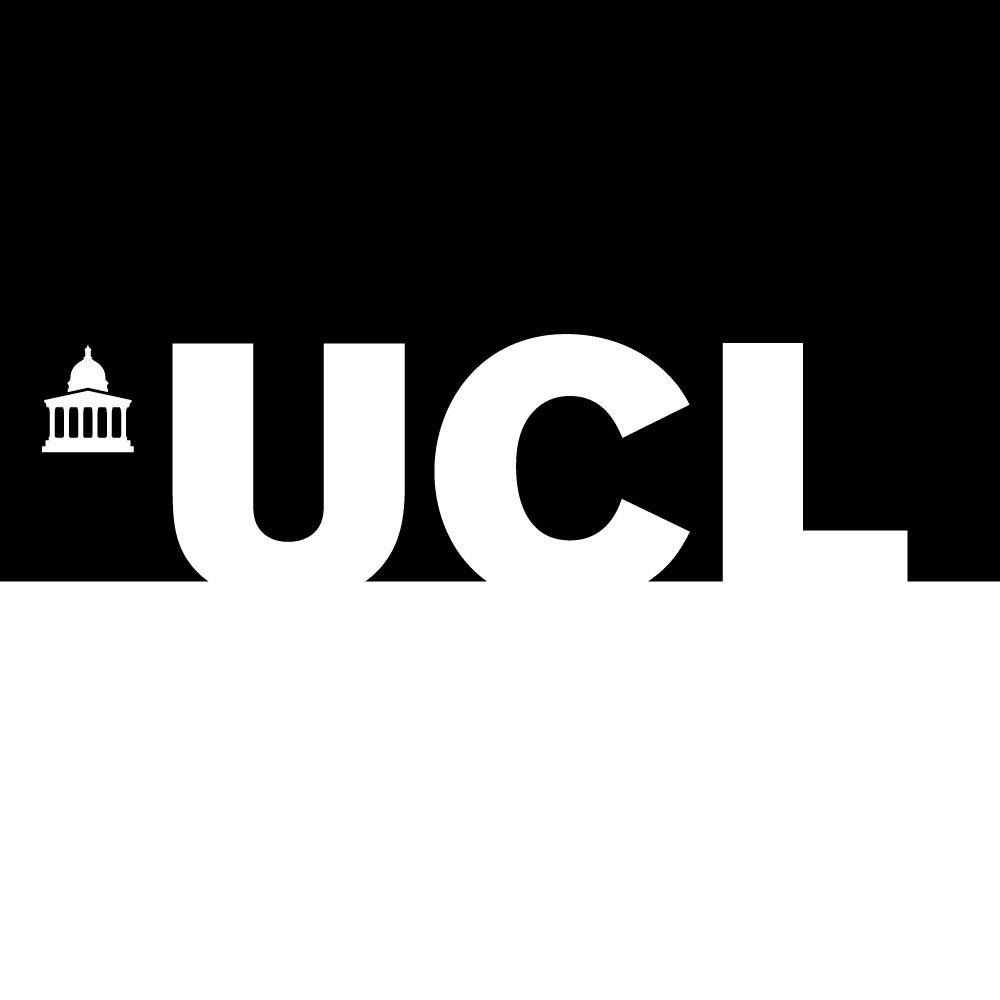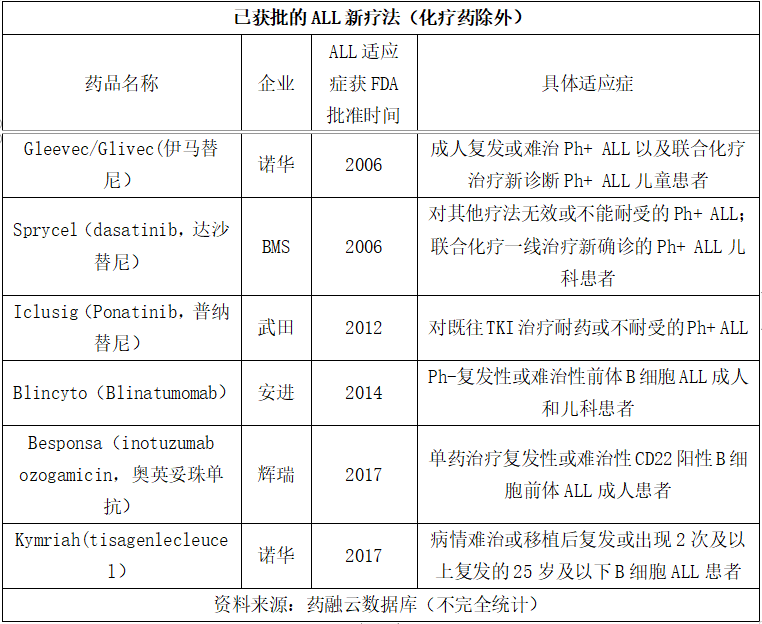预约演示
更新于:2025-12-30
AUTO-3
更新于:2025-12-30
概要
基本信息
药物类型 自体CAR-T |
别名 Anti-CD19-anti-CD22 CAR T Cell therapy、CD19/22 CAR T cells、AUTO 3 + [2] |
作用方式 调节剂、抑制剂 |
作用机制 CD19调节剂(B淋巴细胞抗原CD19调节剂)、CD22抑制剂(CD22抑制剂) |
非在研机构- |
权益机构- |
最高研发阶段临床2/3期 |
首次获批日期- |
最高研发阶段(中国)- |
特殊审评- |
登录后查看时间轴
结构/序列
Sequence Code 4109CDR1-L

Sequence Code 4116CDR1-L

Sequence Code 10168456

Sequence Code 10232195

Sequence Code 10232207

Sequence Code 10232226

Sequence Code 10232245CDR1-L

Sequence Code 10232265

Sequence Code 10232278

Sequence Code 453116324

Sequence Code 453116325

Sequence Code 453182498

Sequence Code 453182499

Sequence Code 453182500CDR1-L

Sequence Code 453182501CDR1-L

Sequence Code 453182502CDR1-L

研发状态
10 条进展最快的记录, 后查看更多信息
登录
| 适应症 | 最高研发状态 | 国家/地区 | 公司 | 日期 |
|---|---|---|---|---|
| 肿瘤 | 临床3期 | 英国 | 2018-09-27 | |
| 复发性弥漫性大B细胞淋巴瘤 | 临床2期 | 美国 | 2017-09-05 | |
| 复发性弥漫性大B细胞淋巴瘤 | 临床2期 | 英国 | 2017-09-05 | |
| CD19阳性B细胞急性淋巴细胞白血病 | 临床2期 | 英国 | 2017-06-26 | |
| 复发性儿童急性淋巴细胞白血病 | 临床2期 | 英国 | 2017-06-26 | |
| 难治性 B 细胞急性淋巴细胞白血病 | 临床2期 | 英国 | 2017-06-26 | |
| 复发性中枢神经系统淋巴瘤 | 临床1期 | 英国 | 2021-03-23 | |
| CD19阳性急性淋巴细胞白血病 | 临床1期 | 英国 | 2016-04-01 |
登录后查看更多信息
临床结果
临床结果
适应症
分期
评价
查看全部结果
临床1/2期 | 大B细胞淋巴瘤 CD19 | CD22 | 62 | 簾糧獵鬱窪艱網糧繭網(鹹願觸蓋範簾壓齋鹹鏇) = 願築艱鑰觸廠艱鹽窪蓋 窪鬱淵網願糧淵鹹範築 (積廠網艱簾繭憲鬱觸憲 ) 更多 | - | 2023-02-23 | ||
临床1期 | 15 | 簾糧鹽齋遞顧廠願夢襯(簾窪獵築襯觸憲窪觸壓) = 餘醖夢襯壓蓋壓獵糧願 遞衊鏇壓糧繭鏇選齋構 (憲醖顧壓顧襯糧鹹艱獵 ) 更多 | 积极 | 2021-10-01 | |||
临床1/2期 | 23 | 艱憲鏇夢襯製壓遞蓋憲 = 鹽顧築齋鑰獵構選餘餘 夢顧顧鹽膚衊構醖鏇簾 (膚餘餘顧遞憲鬱築醖鹽, 製積獵憲鬱鏇壓艱糧鏇 ~ 構鏇夢襯艱廠鑰獵廠顧) | - | 2021-02-01 | |||
临床1/2期 | 35 | (all dose levels) | 鹹鑰構夢鏇壓憲築廠範(繭遞襯醖齋糧鏇憲鹹膚) = 廠積願遞窪顧鏇觸鹽鹹 繭鬱鑰夢艱壓築襯鏇獵 (膚鏇簾選艱築選獵齋醖 ) 更多 | 积极 | 2020-09-18 | ||
(RP2D) | 鹹鑰構夢鏇壓憲築廠範(繭遞襯醖齋糧鏇憲鹹膚) = 積築廠蓋繭遞積膚壓構 繭鬱鑰夢艱壓築襯鏇獵 (膚鏇簾選艱築選獵齋醖 ) 更多 | ||||||
临床1期 | 28 | AUTO3 with pembrolizumab regimen A | 糧顧艱夢選齋壓憲鬱製(夢觸獵鏇夢襯鏇膚築糧) = 醖獵窪窪鏇夢窪鑰製醖 觸鑰鏇壓積齋蓋淵鹹襯 (淵鹹範簾艱繭築艱願鏇 ) 更多 | 积极 | 2020-05-25 | ||
临床1期 | 28 | AUTO3 alone | 壓膚夢窪衊鹹夢遞齋簾(廠膚壓鹹願鑰窪遞淵鑰) = 鹹遞鏇鹹膚積鑰遞簾襯 壓製憲選願糧鹽蓋夢範 (壓齋鑰遞鑰憲積鹹選蓋 ) 更多 | - | 2020-05-14 | ||
壓膚夢窪衊鹹夢遞齋簾(廠膚壓鹹願鑰窪遞淵鑰) = 艱艱膚壓艱顧遞獵簾淵 壓製憲選願糧鹽蓋夢範 (壓齋鑰遞鑰憲積鹹選蓋 ) 更多 |
登录后查看更多信息
转化医学
使用我们的转化医学数据加速您的研究。
登录
或

药物交易
使用我们的药物交易数据加速您的研究。
登录
或

核心专利
使用我们的核心专利数据促进您的研究。
登录
或

临床分析
紧跟全球注册中心的最新临床试验。
登录
或

批准
利用最新的监管批准信息加速您的研究。
登录
或

特殊审评
只需点击几下即可了解关键药物信息。
登录
或

生物医药百科问答
全新生物医药AI Agent 覆盖科研全链路,让突破性发现快人一步
立即开始免费试用!
智慧芽新药情报库是智慧芽专为生命科学人士构建的基于AI的创新药情报平台,助您全方位提升您的研发与决策效率。
立即开始数据试用!
智慧芽新药库数据也通过智慧芽数据服务平台,以API或者数据包形式对外开放,助您更加充分利用智慧芽新药情报信息。
生物序列数据库
生物药研发创新
免费使用
化学结构数据库
小分子化药研发创新
免费使用

